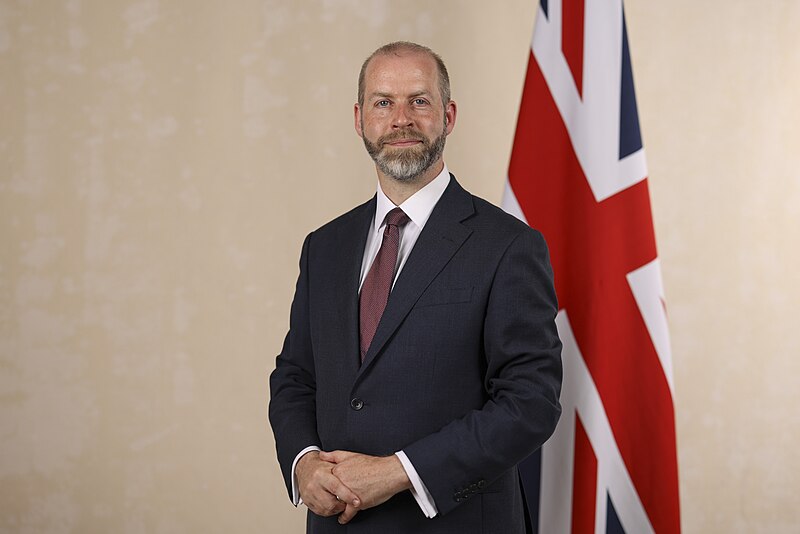
Trade Secretary Jonathan Reynolds has outlined the UK Labour government’s key priorities for new international trade agreements, with a focus on the
Gulf Cooperation Council (GCC) and India. The government aims to restart negotiations this autumn.
Reynolds also emphasized prioritizing trade discussions with Israel, South Korea, Switzerland, and Turkey. Notably, the United States is absent from this list.
Focus on GCC and India
Reynolds expressed his intent to renew talks with the six GCC nations and India to secure free trade agreements that were previously targeted by the Conservative government. These deals have proven challenging to finalize, despite former Prime Minister Boris Johnson’s ambitious promises of securing an agreement with India by Diwali 2022.
Other Trade Negotiations
The Labour government plans to continue trade talks initiated by the previous Conservative administration with Israel, South Korea, Switzerland, and Turkey. However, the anticipated free trade agreement with the US, once considered a significant Brexit benefit, remains unachieved.
Reynolds noted that free trade agreements are just one facet of the government’s trade policy. Prime Minister Sir Keir Starmer aims to enhance trading relations with the EU without rejoining the single market or customs union.
Upcoming Trade Strategy
The government intends to publish a trade strategy that aligns with its industrial strategy, focusing on economic security and supporting net zero ambitions. Reynolds emphasized the importance of boosting international trade to strengthen the domestic economy.
“Boosting trade abroad is essential to deliver a strong economy at home,” Reynolds stated. “I’ve wasted no time taking stock of progress and getting ready to press on with trade talks with our international partners."
Reynolds aims to have British negotiators working with their counterparts by autumn. The government believes that a trade agreement with the GCC could present substantial economic opportunities, noting that £19 billion had already been invested in each other’s economies by 2021.
Background on GCC Trade Talks
Trade negotiations with the GCC—which includes Bahrain, Kuwait, Oman, Qatar, Saudi Arabia, and the United Arab Emirates—began under the Conservative government in 2022. At that time, then-International Trade Secretary Anne-Marie Trevelyan projected that an agreement could boost the UK economy by £1.6 billion annually through increased exports of manufactured goods, agricultural produce, financial, and digital services.
Challenges and Opportunities
Following initial post-Brexit enthusiasm, concerns emerged in Whitehall about the risks of hastily negotiated trade deals. The 2021 deal with Australia, overseen by then-Trade Secretary Liz Truss, faced criticism for being potentially unfavorable to British farmers.
Foreign Secretary David Lammy recently visited India to discuss restarting trade talks after a hiatus due to elections in both countries. Natarajan Chandrasekaran, Chair of Tata Sons, expressed support for the renewed negotiations, highlighting Tata Group's significant investment in the UK and its commitment to strengthening the British economy. Photo by Lauren Hurley / No 10 Downing Street, Wikimedia commons.




































